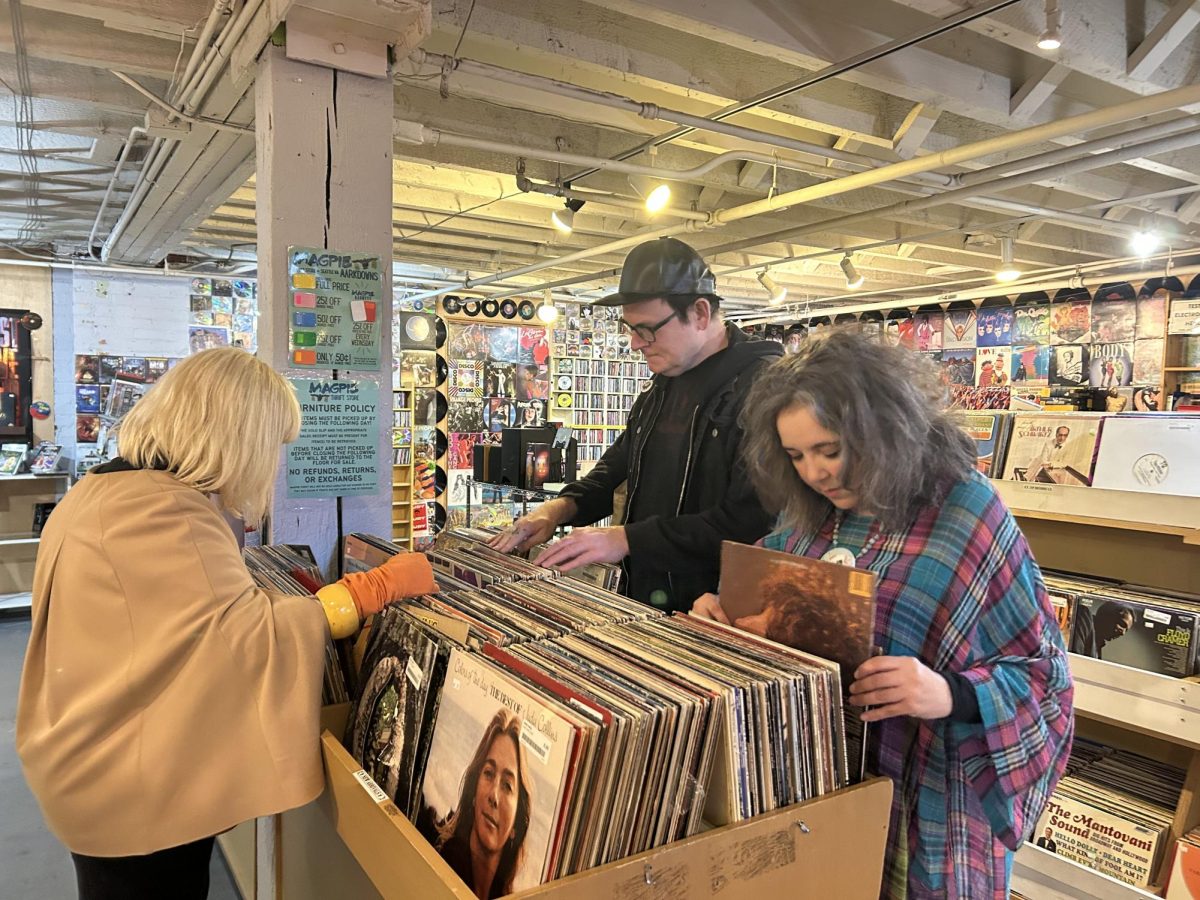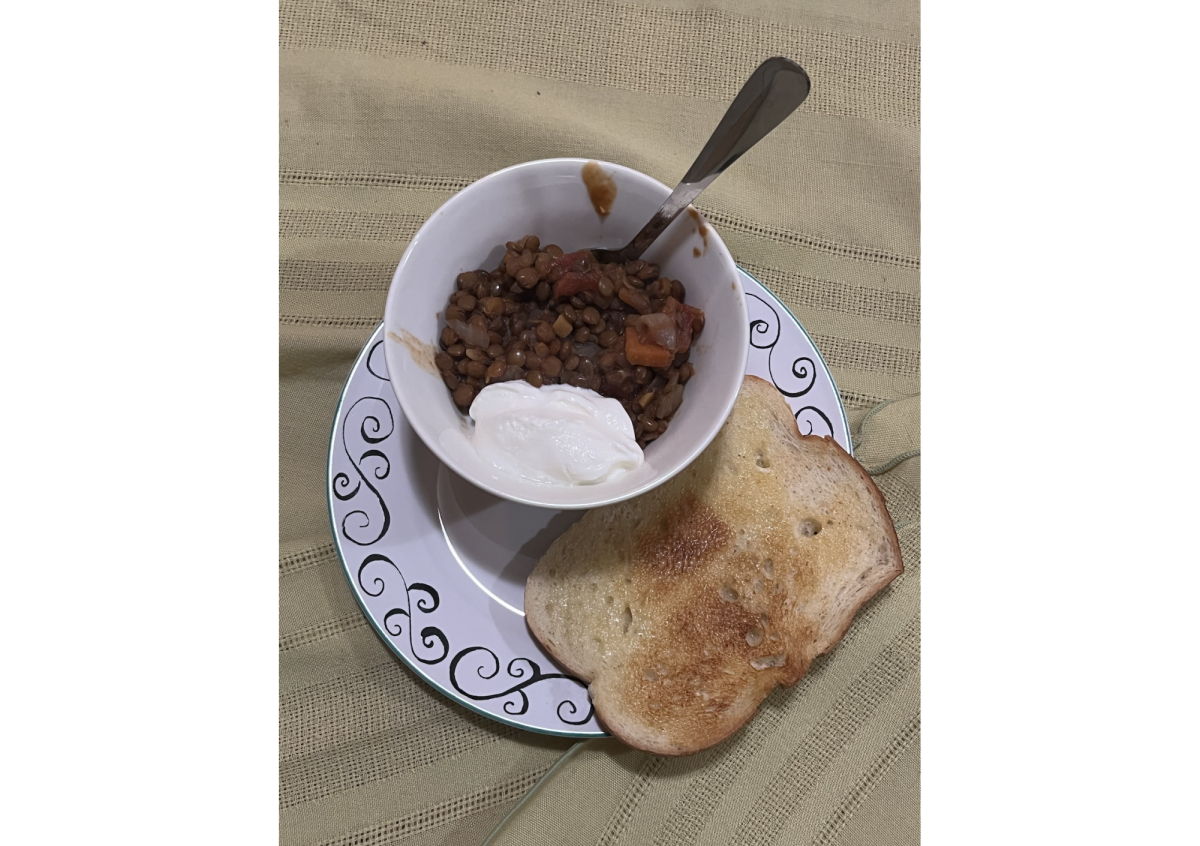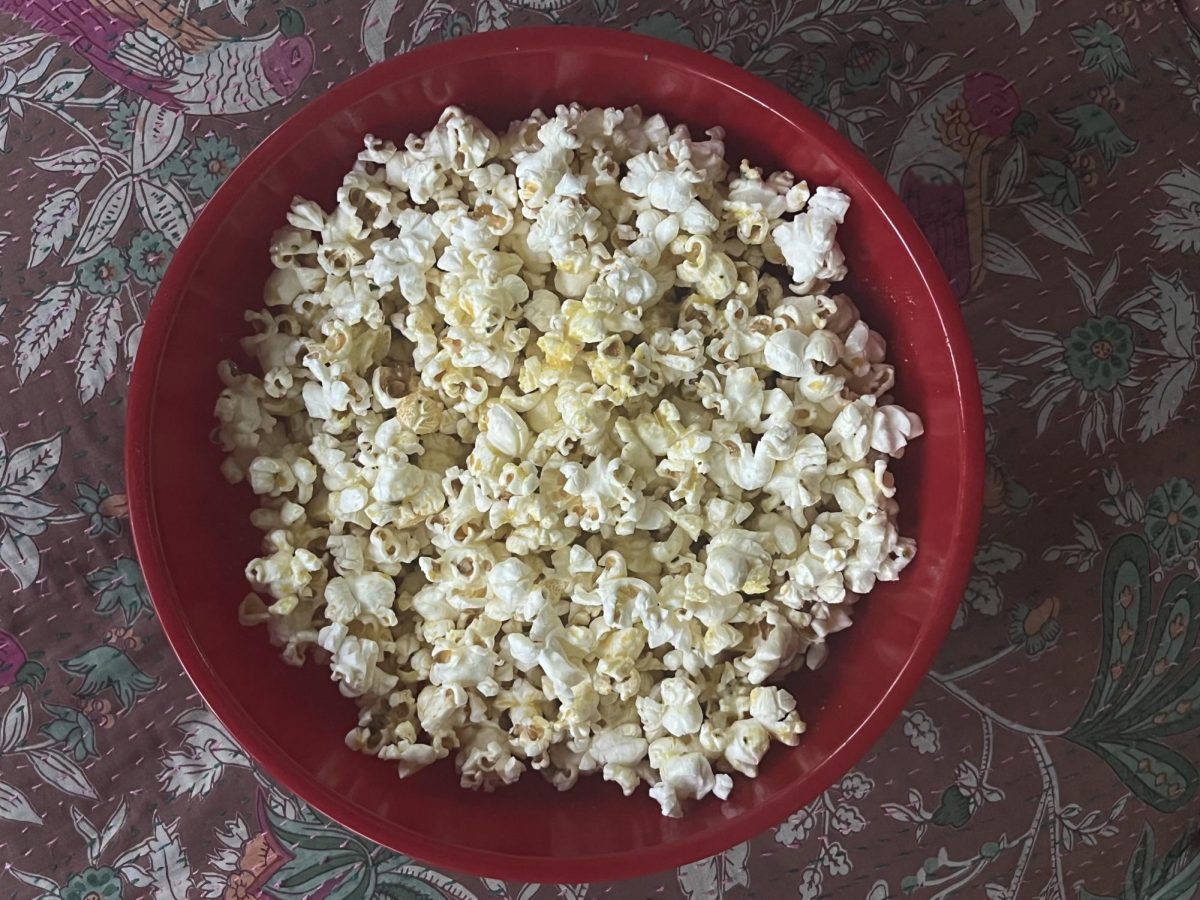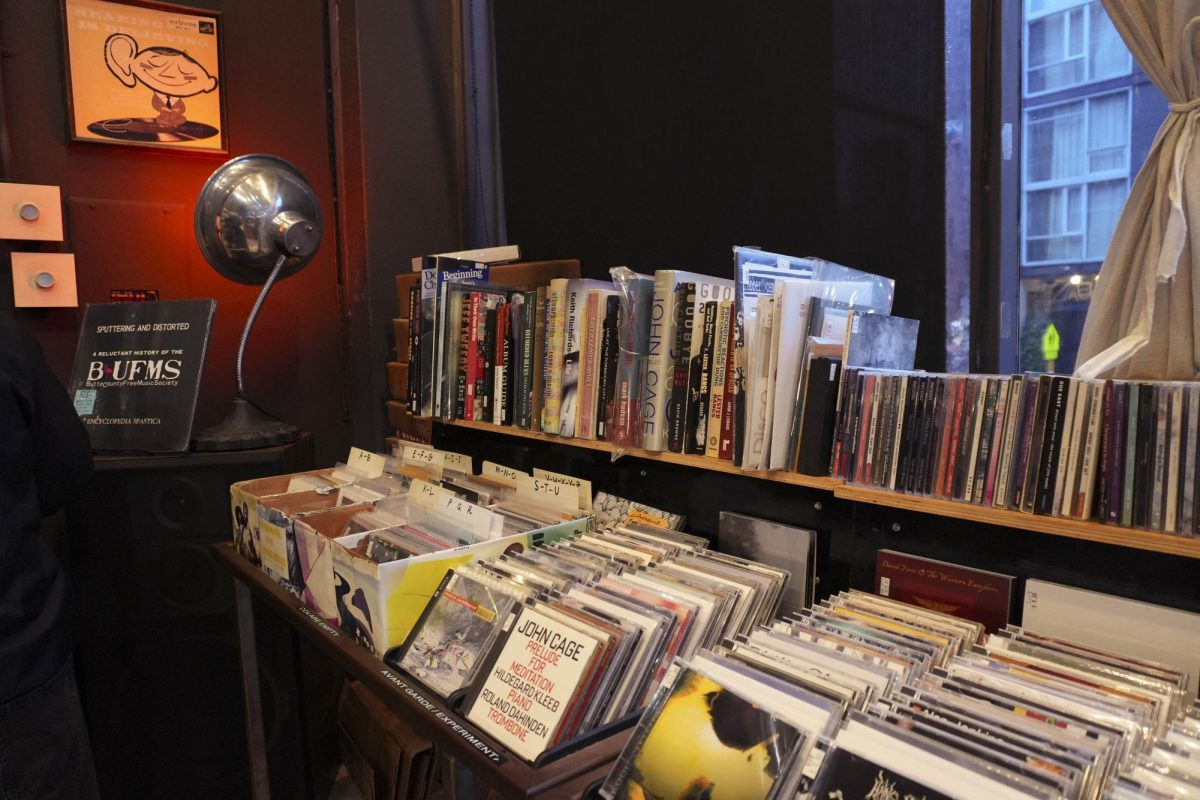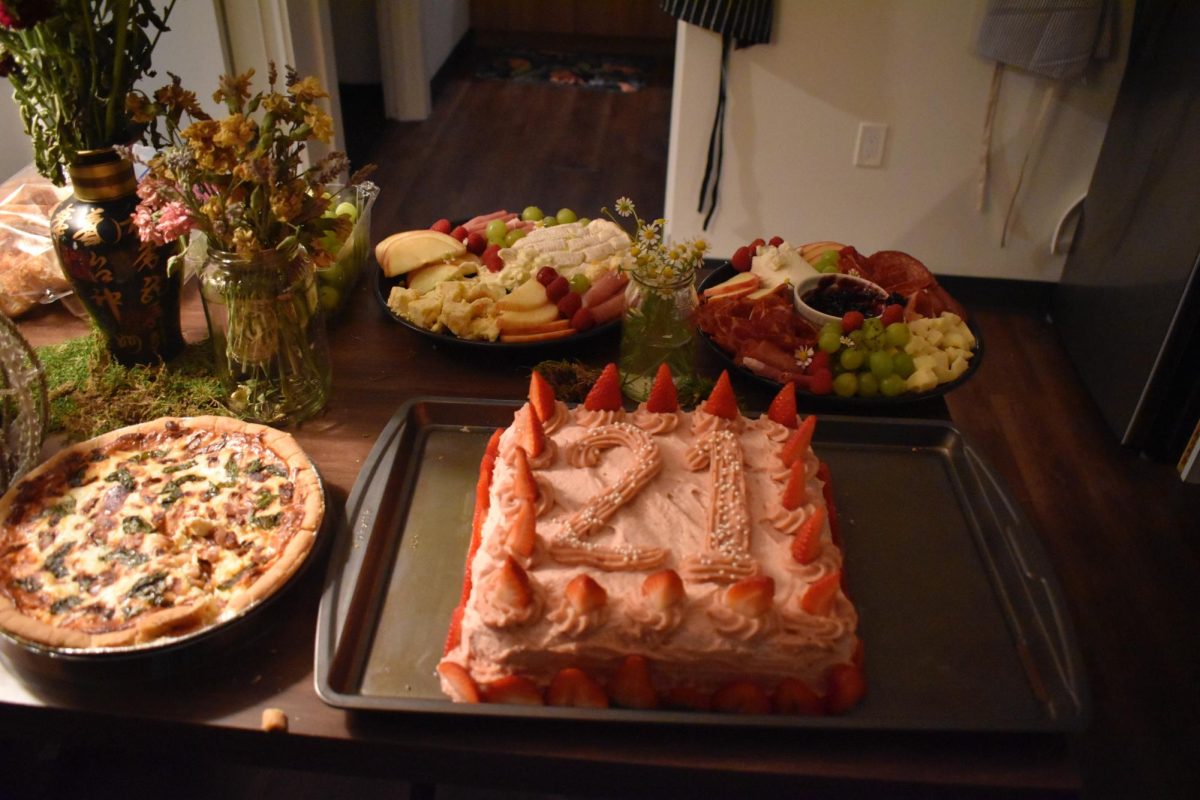Are We Fighting Anti-Semitism or Only Anti-Semitic Events?
(Part I)
Exactly like after Pittsburgh, this Shabbat, May 3rd-4th–a week after the Poway synagogue shooting on the last day of Passover last Saturday–synagogues have seen an influx of community members coming to support Jews in their neighborhoods. The Poway congregation, USA Today reported, was filled with supporters.
While I did not go to my synagogue this last Shabbat, I remember that, after Pittsburgh, the synagogue had to open its larger sanctuary to accommodate the hundreds of people who showed up. Throughout the service, people around me were crying, especially as the rabbi read out the names of the 11 victims of the Tree of Life Congregation.
The next week at synagogue, however, the numbers had dwindled back to normal, and conversation about Pittsburgh outside of shul faded. I don’t want to say that Gentiles should have showed up again and again–non-Jews have their own things to do–and yet, it seemed to echo the culture around most recent shootings in America: the outpouring of support is temporary, mainstream action mobilizes mainly on Facebook, and resurfaces around election-time, or when the next act of domestic terrorism occurs.
After Poway, however, I’ve noticed a number of news sources reporting on rising anti-Semitism as a national, ubiquitous culture, not simply one or two “events” wherein it undeniably manifested. Emily Stuart of Vox, for instance, researches the influence 8chan’s white supremicist threads had on the Christchurch shooter and the Poway shooter.
“8chan isn’t just warping the internal conversation — it also seeps into more everyday public discourse,” Stuart writes in “8chan, Explained.”
Stuart points out that hate speech on 8chan has preluded violent hate crimes, and expresses concern over the fact that the more media attention sites like 4chan and 8chan seem to get, the more they thrive, and the more they can potentially paint themselves are martyrs of free speech.
Another article, “Anti-Semitism is Thriving in America” by Deborah Lipstadt of The Atlantic reveals the ways that descriptions of the Poway shooter as someone who acted alone is not only false, but a dangerous misconception.
“He is part of a nexus of haters. The shooters in Charleston, Pittsburgh, Christchurch, and now Poway all relied on similar language and memes. The Christchurch and Poway shooters both posted manifestos prior to their rampages,” Lipstadt said. “They referred their social-media followers to some of the same websites and offered similar justifications for their actions.”
Lipstadt also points out the issue of anti-Semitism coming from the left as pro-Palestine liberals, in attempt to criticize the actions of the Iraeli government, unwittingly use anti-Jew rhetoric–which blames all Jews for Israel’s policies, rather than the policy-makers in power.
“Above all, we must be willing to criticize—directly and not gingerly—our political allies when they cross the line into anti-Semitism,” Lipstadt said.
This encroaching into the subject of the infrastructure itself that allows white supremicist terrorism and violence, I believe, is what is often missing from discussions around mass shootings and hate crimes. Calling events like the Poway shooting “senseless” is incorrect; it rather deflects our responsibility to make sense of it so we can undercut the mechanisms that allowed it to happen.
Next week, I review my ongoing work of connecting with community members in Jewish Seattle and on campus. Stay tuned for conversations with rabbis to Seattle U professors to our Jewish Student Union.
The editor may be reached at
fdivinagracia@su-spectator.com



